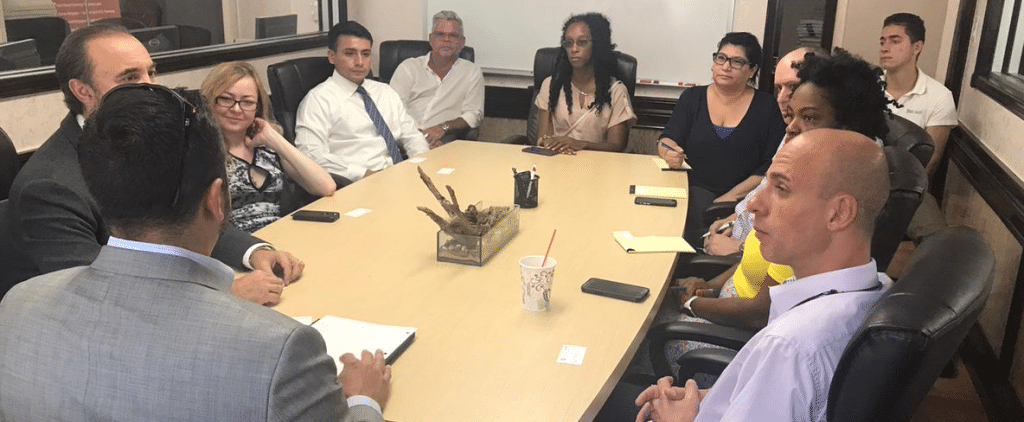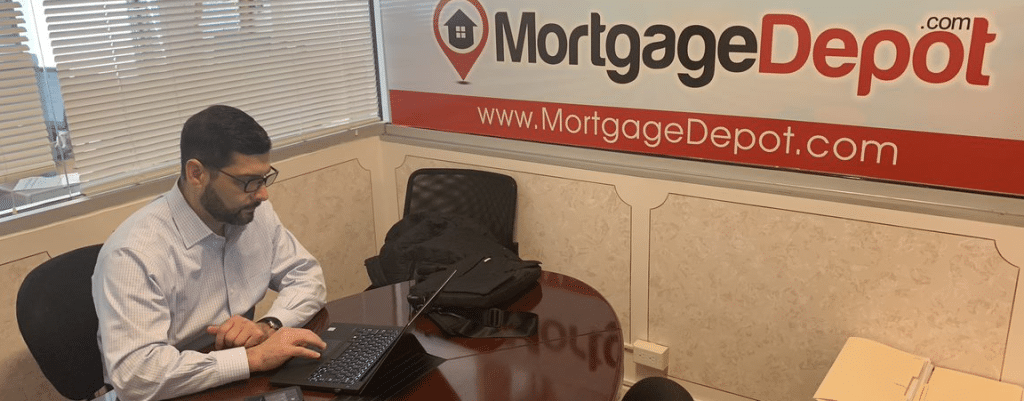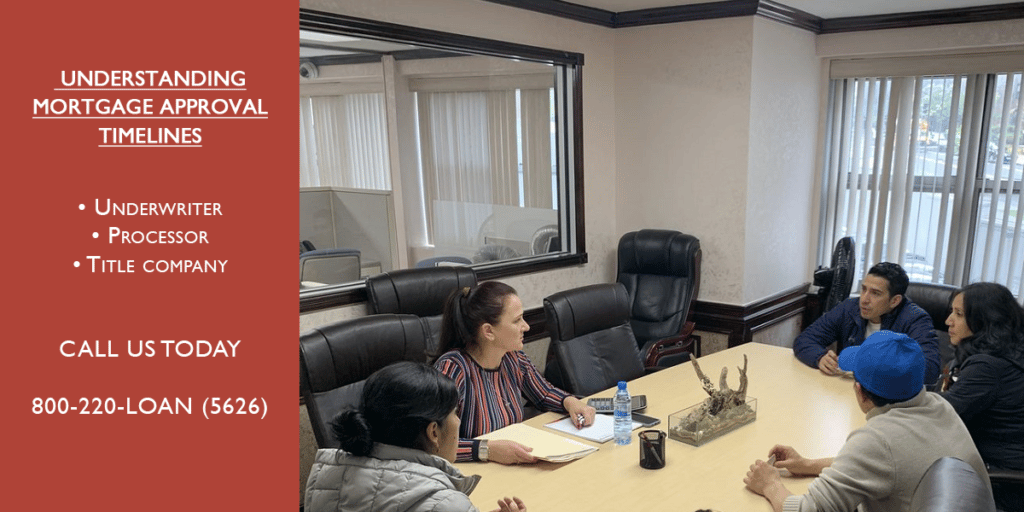
As a leading mortgage broker company, our loan officers at MortgageDepot have successfully worked with all types of borrowers to obtain mortgage financing. Most borrowers have no problem satisfying lender requests for pay stubs and other financial documents to prove income and assets. Modern technology makes submission of scanned documentation as easy as sending a fax or an email, but technological advancements have done little to help self-employed borrowers who find it difficult to explain or document income sources. We have a solution to meet the challenges faced by self-employed individuals in need of financing to purchase a home.
Challenges faced by self-employed borrowers
Our experience in the mortgage industry tells us that some people with self-employment income may not realize the challenges it presents when purchasing a home. Someone working for a company or organization and regularly drawing a paycheck for the work performed usually receives a W-2 at the end of the year showing their earnings.
On the other hand, self-employed individuals may be unable to show a consistent stream of income over the course of a year because they do not receive a W-2. Self-employed individuals might receive a 1099-MISC from someone for whom they did work over the course of the year, but a single 1099 may not reflect the person’s total income from all sources.
Many self-employed people receive income from operating their own businesses, but other sources of income may include the following:
- Rental income
- Payments for freelance work
- Income from investments
Underwriting guidelines traditionally used by lenders require applicants for mortgage financing to prove they have an income and its source. For a salaried employee, a W-2 and some pay stubs along with recent income tax returns satisfy the underwriters. Life is not as simple for self-employed borrowers whose income may vary each week and each year, but entrepreneurs and others not drawing a steady paycheck can qualify for a mortgage.
Documentation requirements for self-employed applicants
The documentation lenders request from a borrower with non-traditional sources of income usually includes the following:
- Bank statements for business and individual accounts
- Two years of personal income tax returns
- Two years of business tax returns
- Business balance sheet
- Earnings statement or report
- Letter from an accountant
Lenders look for income stability from both salaried and self-employed borrowers. Someone without a traditional job may have short-term income fluctuations, but two years of personal and business income tax returns showing income stability helps to prove consistency.
Borrowers with declining incomes or wide fluctuations in income from one year to the next may need to offer an explanation in a letter from a certified public accountant. If a borrower operates a business, the balance sheet and earnings statement for the current year can be used to satisfy lender concerns about a continuing flow of income through self-employment for the current year.
Changing careers, such as going from being a salaried employee to owning your own business, may prevent a borrower from producing two years of tax returns for the new business. Some lenders will accept one year of tax returns provided the new business venture relates to a borrowers previous line of work and the income remains about the same. Applicants should keep in mind that underwriting requirements may differ from one lender to another and could be affected by the type of business and other factors.
What should self-employed borrowers do?
Working as mortgage brokers allows us to get to know the underwriting guidelines of a number of lenders. Following are a few things to help borrowers who are self-employed:
- Don’t wait until after making an offer on a home to apply for a mortgage. Getting preapproved before starting to look at homes saves time and makes a borrower more attractive to a seller.
- Gather all business and personal financial records, including income tax returns, before applying for a mortgage loan.
- If changes in income or employment are anticipated, try to apply for the loan before the changes occur.
Any borrower benefits from being prepared and having a clear understanding of the process before applying for a loan to purchase a new home or to refinance an existing mortgage. At MortgageDepot, we welcome questions from all borrowers, including individuals with self-employment income.
A consultation with one of our knowledgeable and experienced loan officers lets a borrower know the types of loan products best suited to their particular circumstances and how to best meet lender underwriting conditions. Learn more by calling us at (800) 220-LOAN or email.
Have questions or need help?
Call us now at 800-220-LOAN
Request a call back or email us your questions!








